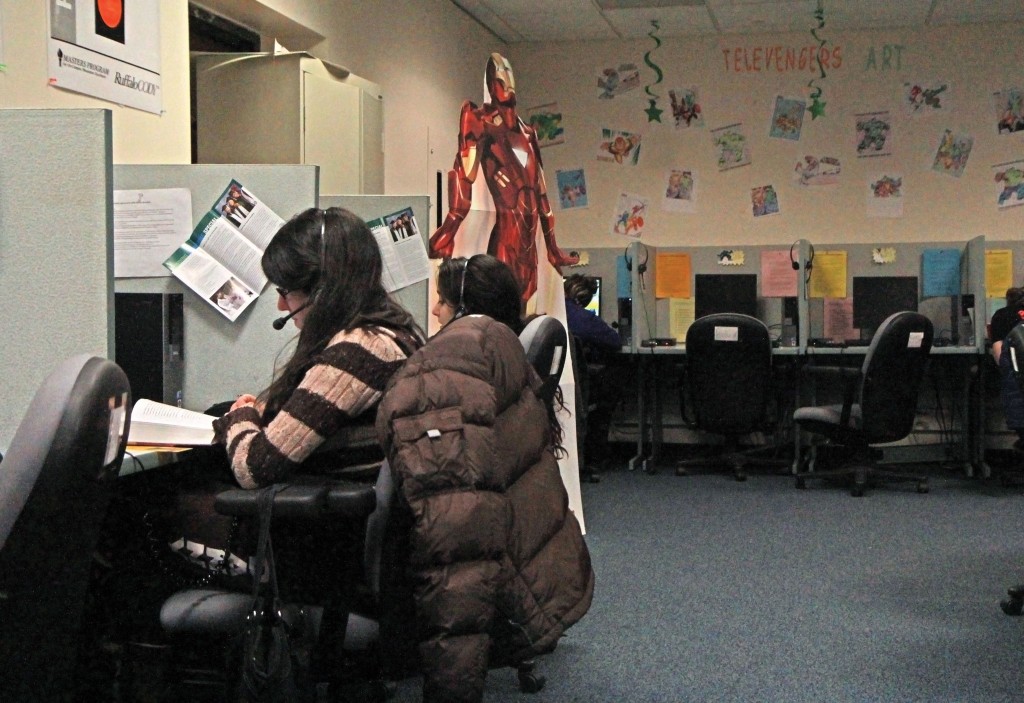
In 2011, Binghamton University received nearly $25 million less in charitable donations than in 2010, a decrease of 79.1 percent.
BU received a total donation of $6,616,461 in 2011 versus a total donation of $31,605,917 the year before.
The BU Foundation — the private organization that acts as steward to all donations to the University — is on the precipice of ending a seven-year fundraising campaign, “Bold. Brilliant. Binghamton.,” which will conclude in June.
According to Rebecca Benner, a senior executive at the Binghamton University Foundation, the drastic drop in donations is not a cause for concern, because the Foundation is on the precipice of surpassing its $95 million goal for the campaign. Benner estimates the Foundation will have raised close to $100 million by the end of the campaign.
“Our case for support is that this is a school on the move, we’re continuing to rise in prominence and with private support we can get better,” Benner said. “100 million would be wonderful. It has a nice ring to it.”
The campaign, which began in 2005, emphasized to potential donors that BU has seen an increase in the quality of the student and faculty bodies, as well as a rise in national esteem.
She said the stark drop in donations from 2010 to 2011 is misleading, because the 2010 figures include a $25.9 million donation in computer software from Siemens Corp. This donation was one of the largest one-time donations in the history of the Foundation and accounted for more than 80 percent of total donations to BU that year.
Excluding the Siemens Corp. donation, the Foundation actually increased collections in 2011. Cash donations increased by more than 16 percent, Benner said.
After the “Bold Binghamton” campaign ends, Benner said the Foundation will wait a couple of years before beginning a new cycle of fundraising, though the University’s telemarketing campaign will continue.
Benner also said the majority of donations to the school during the campaign helped to pay for faculty grants for research and provided scholarships for students. Benner said the money was also a factor in recruiting new professors to the University.
The Harpur Fellows grants, for example, are paid for entirely by alumni donations.
Benner is unsure what the new fundraising campaign will look like, but Louis Guerrazzi, a junior majoring in electrical engineering, suggested that the BU Foundation consider creating an alumni club, similar to one owned by Cornell University in Manhattan.
Guerrazzi believes an off-site club could entice alumni to become more involved in the BU community and lead them to be more charitable to the school.
“The ability to have a place to call home in a major city would definitely increase the respect that [alumni] have for the Binghamton name,” Guerrazzi said.
John Simard, the son of a BU alumnus and a junior majoring in English, said representatives of the Foundation called his father looking for donations, but he declined to donate.
“He feels like he gave the University enough money when he enrolled here,” Simard said.


